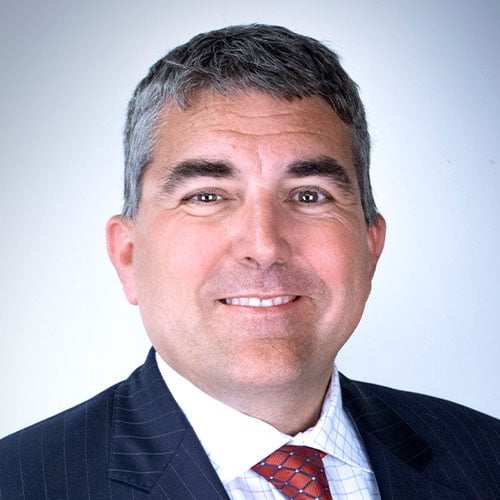Aligning behaviors with financial purpose
One of the things we work a lot on with our clients is planning seasonality. Attacking planning tasks that have a resonance with real life. That is why last month, in the throes of the holiday season, we discussed emotional balance sheets. Now, in a time of year when we all reflect on those people and values that matter most to us, it is a perfect time to take action on creating a compelling financial purpose, one that puts meaning to money and aligns precious resources such as time, energy and money to those people and causes that matter most to us.
So while December is the right time to focus on the whos and the whys, January tends to have a different focus. January is the time for most of us where we take stock on the whats and hows. What behaviors will I change in the coming year, how will I shed those 10 holiday pounds I added, what budgetary sacrifices do I need to make to offset those special gifts under the tree that added so much to my emotional balance sheet?
Great execution of an emotionally resonant wealth strategy works similarly. There are times when the plan requires deep focus on purpose, values, meaning and vision. And then there are times to take stock of behaviors and results. And January is a great time to perform a deep dive on whether we are living up to our purpose and, if not, what changes should be made.
So how do we do that?
At Johnson Financial Group, we use various methods to help clients understand if their financial behaviors align with their financial goals. One effective technique involves asking them to gather two sets of documents from the previous year: their calendar and their credit card statement. Then we ask them to use those documents to answer some key questions:
- If you hired a biographer to write about you, and all they had were your credit card statement and your calendar, what story would they tell?
- Would you be proud of the story? Would it reflect the person you want to be? Would it reflect the person that you tell people you are?
- If I made a pie chart of how you should spend your time to perfectly execute your financial purpose statement and compared that to a pie chart of how you actually spent your time in the prior year (crafted from your calendar), how similar would the two charts be? What, if any, material differences would we find? What would explain those differences? How do those explanations make you feel?
- Same as #3, but with money spent instead of time spent.
Possible paths forward
Once you have answered those questions, there are three possible paths forward. In the rarest of situations, you are spending your resources in complete alignment with your purpose. Your path forward: be proud of yourself and continue on your path. On the other end of the spectrum are those who have virtually no alignment of how they use their resources and what they have said they want. If this is you, your path forward is to meet with your financial advisor as soon as possible. Because you have to either redefine your purpose or you have to drastically recraft your behaviors. The final group is where we find most people: a substantial portion of how they spend time and money is on purpose, but there is enough “waste” that there is some desire to improve. If you are in this group, here are some helpful tips:
- Where are you wasting time and money? Why do you spend your time and money in this way? Don’t be reflexive in this analysis. Go deeper. Try to capture the underlying belief that is causing the behavior.
- Make a list of alternative uses for that time and money. Be very specific.
- Review the list using this lens: If I had a friend who told me he/she wanted to use his/her resources in a certain way (reflected in your statement of financial purpose) and that friend was actually spending resources in a different way (reflected in the calendar and credit card audit), what would you say? This “third party focus” has two purposes: it adds an objectivity to the process that is necessary (no excuses) and it recognizes that humans are materially more compassionate to others than they are to themselves (saying “I am hardest on myself” is not psychologically healthy).
- Take that “friends” advice and build a stop, start and continue list:
- Spending that you will stop doing because it does not further your purpose
- Spending that you will start doing because adding it will further your purpose.
- Spending (time and money) that you will continue doing because it either aligns to your purpose or is necessary in some way.
- Share your plan with your financial advisor and make them your accountability coach.
My grandmother taught me when I was very young that “always” and “never” are powerful words to only be used in the most unique of situations. So I say this with respect to the power of the words I am using. I have never coached anyone through this process who has come out of it without a positive material impact on their happiness. With that in mind, please take some time in this season of reflection and work hard on living a more purposeful life. You will be happy you did.
